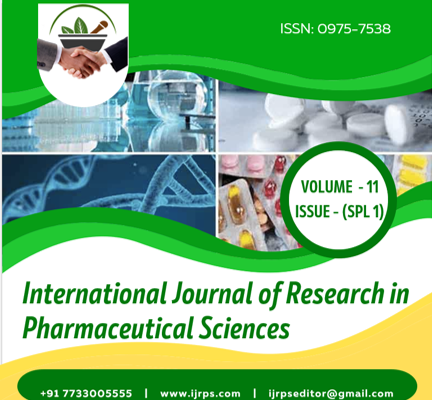Abstract
COVID-19 is a pathogen which is transmitted by the respiratory route may be sufficient enough to prove that mass gatherings, mass migrations and other types of clusters play a menacing role in the spread of contagious diseases. Globally, the source of several infectious diseases includes mass gatherings for sports events, religious events, concerts etc. People participating in such clusters as religious pilgrims, Olympic spectators and others becomes a carrier for leading to spread of disease. So any social gathering relating to religion or any other should be banned—guidelines developed by WHO are vital data for central organizations for formulating the multitude planning for a cluster. Risk evaluation, response, and monitoring are the basis of preparation; the International Organization for Standardization (ISO) 31000 is a well-accepted risk management methodology. In India, control and preparedness are dependent on the state Government because of Nipah virus which was experienced by Kerala in 2018. Hence this state can maintain low mortality because of the use of contact tracing, social distancing and avoiding clusters. All the pandemic has made us realize the need to respect the species, social and environmental relationships to live and flourish. The epidemiological investigations should be carried out timely to confirm the cluster belonging to a particular family, workplace or public area. The strategies such as the reversal of social gatherings (such as work from home and home-schooling), social distancing and cancellation of social events can prevent mass gathering and a global threat of an epidemiologic expansion of disease outbreaks.
Full text article
Authors

This work is licensed under a Creative Commons Attribution-NonCommercial-NoDerivatives 4.0 International License.

